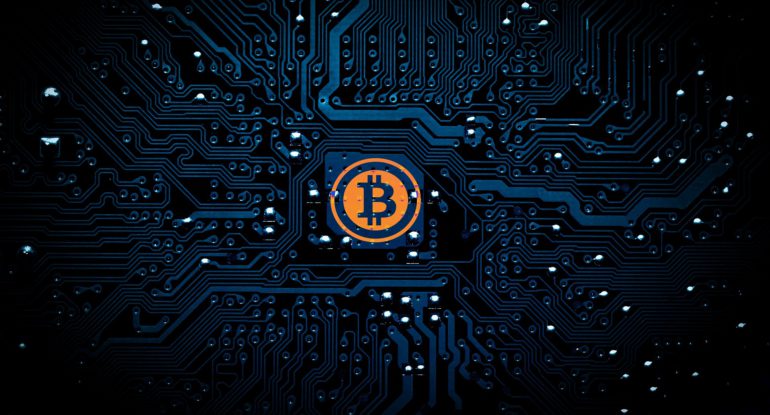Mark Cuban Says That People Compare Blockchain, Bitcoin, and Ethereum

Before investing in multiple blockchains, billionaire Mark Cuban considers a few key features. “Most people compare it to BTC [bitcoin] or ETH [Ethereum] in terms of speed and cost,” Cuban tells CNBC Make It. “While those things are significant, I see blockchains as networks with smart contract development platforms.” Cuban is referring to each blockchain’s potential beyond the speed and cost of Bitcoin transactions.
Each blockchain, which is a decentralized digital ledger that records Bitcoin transactions and other data, is distinct from the others. The Ethereum blockchain, for example, can run smart contracts, which are used for decentralized power applications such as Defi (decentralized finance) and NFTs (nonfungible tokens). The ethereum blockchain is home to the ether cryptocurrency, but it may also host other digital coins.
Cuban has already stated that these elements of ethereum appeal to him. He compares this blockchain to the internet because of its smart contracts and because it can be used to build a variety of platforms, from Defi to social networking sites. Other specialists agree. According to Kathy Lien of BK Asset Management, “Ethereum [is] looking for methods to become a fully functioning infrastructure platform.” Bitcoin is a peer-to-peer electronic cash system, but “Ethereum itself can fulfill several economic activities; therefore, it extends beyond” bitcoin.
As a result, “the platforms with the most active developers and who create applications with a great use for their customers will have a network effect,” according to Cuban. As a result, the blockchain might “earn considerable fees,” allowing the network to be funded and investible. The blockchain’s miners often charge a user a fee to mint, or blockchain verifies, a token — such as an NFT — and transact on the blockchain. These fees might be exceptionally costly during moments of high demand or congestion. “Depending on how fees are distributed,” Cuban believes, “it can produce a real revenue stream that enhances the prices of the tokens they mint.”
Ethereum, for example, receives gas fees. According to Lien, this “makes it an income-producing asset whose value should rise as its network expands.” Though some people believe that blockchains are solely used for cryptocurrency transactions, platforms like ethereum might be utilized for much more. That is why, before investing, Cuban considers the potential use cases for each blockchain rather than just the speed and cost of implementation.
This year, Cuban has invested in several blockchain firms, all of which are focused on smart contract capabilities. NFT platforms, DeFi firms, and ethereum scaling solutions are all part of his portfolio. Cuban has also invested in cryptocurrencies such as bitcoin, ethereum, and others.
Comments are closed.




























































